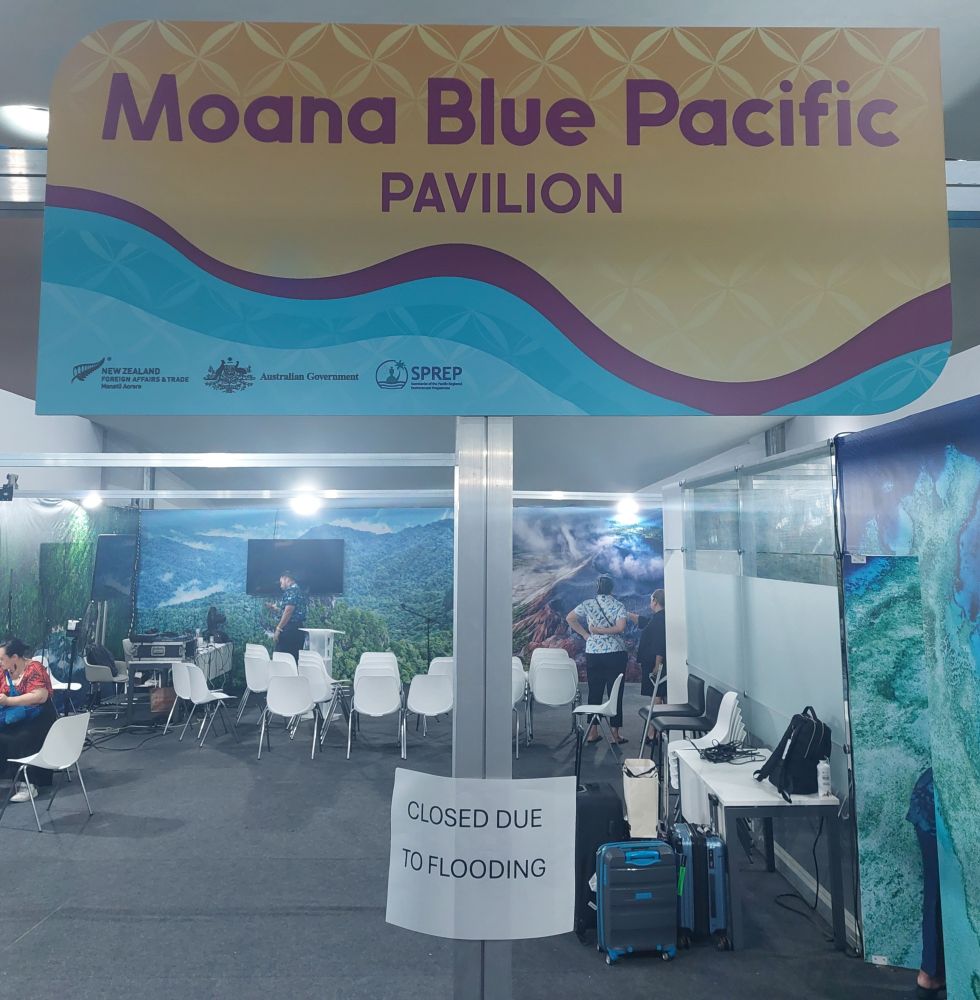
Solar-powered Science & Technology Studies researcher and IAM ethnographer at CSI - CNRS, Mines Paris-PSL.
"Well the world of research has gone berserk, too much paperwork" (Dylan 2006)
Soundtrack: t.ly/0V77d

(from the report on a 1993 Workshop on Integrative assessment of mitigation, impacts and adaptation to climate change)
Reposted by Fabián Muniesa, Béatrice Cointe

Extended abstract submission: January 15, 2026
More info ➡️ journals.openedition.org/oeconomia/19...
Reposted by Alistair Munro, Jussi T. Eronen, Béatrice Cointe

There is a lot of uncertainties on overshoot, but there is one thing that we are 100% sure about:
GHG emissions need to go down >90% in decades for overshoot to be a reality.
www.swp-berlin.org/publikation/...
Reposted by Béatrice Cointe

Reposted by Béatrice Cointe
CCS plays a role, but it is strictly secondary, contributing a median of just 15–25%.
Technological neutrality is a political concept, not a scientific one.
2/3
Reposted by Richard S.J. Tol, Fabián Muniesa, Béatrice Cointe

HISTORY OF CLIMATE ECONOMICS
Details at:
journals.openedition.org/oeconomia/19...
Editors of the Special Issue
Christophe Cassen (CNRS, CIRED Paris)
Béatrice Cointe (CNRS, CSI Paris)
Antoine Missemer (CNRS, CIRED Paris)
Deadline for abstracts : January 15th, 2026
Reposted by Béatrice Cointe

-Kenneth Möllersten
Listen now: overshootpod.com
Reposted by Xavier Molénat, Béatrice Cointe

ThanksForTyping … and the fieldwork
the role of sociologists’ wives in classic British studies
Rosalind Edwards et Val Gillies
👀
tidsskrift.dk/Serendipitie...
www.csi.minesparis.psl.eu/en/featured-...
Reposted by Peter Thorne, Philippe Quirion, Béatrice Cointe

That this new statement comes from the community closely tied to the IPCC, and influence within it, is quite a wake-up call.
1) 40 years apart, I don't think there is any overlap in signatories, but in many ways its the same lineage, and the same "epistemic community" to use the technical term - esp. with IIASA remaining a centrepiece of this scientific climate diplomacy.
Reposted by Fabián Muniesa


cc @allouryesterdays.bsky.social
Reposted by Béatrice Cointe

“The first major initiative to result from the establishment of the WCP was an international conference on climate change, held in Villach, Austria, from 17 to 22 November 1980.
allouryesterdays.info/2022/11/16/n...
*one of my uncles was in Kyoto with the French delegation
Hear the latest science as I presented it last month at the ATLAS25 event in Helsinki.
Let me know if anything is unclear, or if you see good reasons why your government shouldn't immediately act on this. 🌊
youtu.be/ULJXqOZuY-8

Anyway, here we are now.

Hear the latest science as I presented it last month at the ATLAS25 event in Helsinki.
Let me know if anything is unclear, or if you see good reasons why your government shouldn't immediately act on this. 🌊
youtu.be/ULJXqOZuY-8
Reposted by John Hogan, Béatrice Cointe
Reposted by Dirk Pilat, Béatrice Cointe
100 climate researchers, coordinated by @pik-potsdam.bsky.social & @iiasa.ac.at, released a joint statement to inform the #COP30 negotiations and provide guidance on difficult but doable global efforts designed to limit dangerous overshoot of 1.5°C as much as possible.
Reposted by Béatrice Cointe


Ce mercredi est parue comme chaque année la liste des #HighlyCitedResearchers
Lauranne Chaignon revient sur ses origines et sa crédibilité face aux tentatives de manipulation
themeta.news/lauranne-cha...
#VeilleESR
So it’s Obersteiner & Möllersten indeed - their proposal was already a critique of the strategic and valuation frameworks that underpinned climate action, ironically it ended up feeding exactly what they were up against… (I have a chapter coming up on it, now stuck in editorial limbo)


